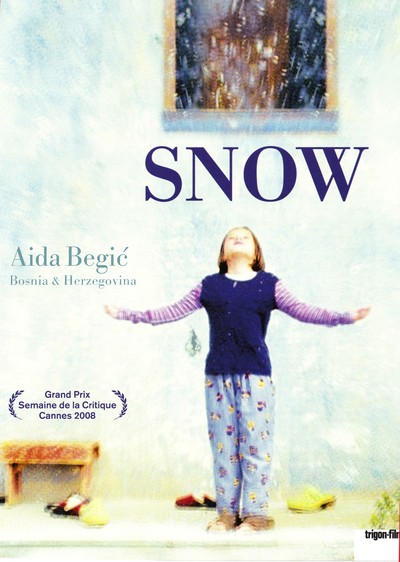Films A-Z
 Aida Begic, Bosnia and Herzegovina
Aida Begic, Bosnia and Herzegovina
Aida Begic was born in Sarajevo in 1976. Her debut feature Snijeg ('Snow') won the Critics' Week Grand Prix at the 2008 Cannes Film Festival. One year later, she set up an independent production company called Film House. Her second film Djeca ('Children of Sarajevo') was shown in the Un Certain Regard section of the 2012 Cannes Film Festival, where it was awarded the Special Distinction of the Jury prize. She both wrote and directed the short film Album, which forms a segment of the Bridges of…

